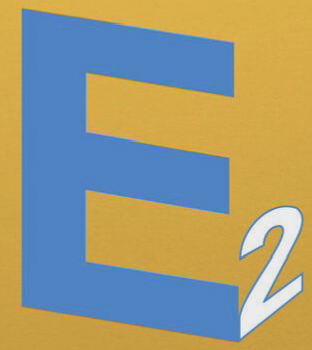Supporting Our Children in the College Application Process
Somewhere in the recesses of our minds, most of us remember the college application process as anxiety provoking, but we didn’t live in the age of “how perfect do I need to be.” I remember the College Board stating that the SAT was a test of previous knowledge and not something that needed to be prepped for. No one would believe that statement today, but I didn’t prep beyond understanding what the parts of the test included and how to use their scantron. I did fine, got into good colleges, and am told that I have had a successful career. Despite my success, I did not allow my own children to walk into the test without preparation but did allow them the autonomy to complete their applications without someone else wordsmithing their academic history and personal story.
The college application process is the first time for students to independently define themselves and guide their future. Unfortunately, the American education system has created a false narrative around perfection – students can only “beat” their peers and get into the top universities if they create the perfect application. In this quest for perfection, many parents will begin to actively intervene in the application process or will hire outside help to craft the perfect application. Suddenly the application becomes less reflective of the student and their voice and desires, and more focused on meeting the criteria of a “perfect application.”
The pandemic and many colleges moving to test optional applications seemed to reduce some of the competition for perfection but as this year’s junior class begins the college process, the demands for perfection seem to be inching back into the picture. What does this say to and about our children? Do we want them to believe that what they have accomplished is not enough or that we don’t trust how they can present themselves to others? While parents want what is best for their children, teaching them that they should create a false narrative just as they are beginning to be able to speak their own truth and create their own future adds to their anxiety and makes them question their worth. If we, the adults in the room, lead with logic, this push for more is illogical and damning. Our children are good enough and we want them to celebrate that. Not everyone needs to or should attend the Ivys or the top tier schools and if a child is planning on attending one of those schools, it should be because it is an appropriate fit, not because parents have greater bragging right.
Since the traditional college application process seems to be back for this junior class, we have to decide if it’s back with added anxiety and fear of not being good enough or if it’s back in a way that children can feel confident introducing their authentic selves to colleges and the world. We, the adults in their lives, need to remember that it is their path and journey and support the honestly of their experience.
While it is imperative that adults allow students to develop their narrative and apply to schools with appropriate levels of rigor that are excited to watch a student’s academic and personal growth, we also need to acknowledge that the college admissions process is difficult and anxiety provoking. Families should not push students to apply to schools that are completely out of reach, never write the essays or pay someone to write the student’s essay or complete their application. But students may want someone to guarantee that they are presenting themselves in the best possible light with the most compelling narrative. While Essig Education Group does not believe in completing any part of the application for them, we believe that coaching can take a good application packet to a great application packet. We are proud to help students create their own narrative by once again offering our college essay writing program that is led by our professional writers who are committed to students developing their own story. While Jenny (a TV story producer with two contributor Emmys for her work on Queer Eye) and Lauren (a curriculum and fiction writer) love to help students explore their writing, they will never write a student’s essay or try to change their narrative. If you would like your child to have writing guidance while crafting their authentic story, please contact us and we will help them rewrite smart.
